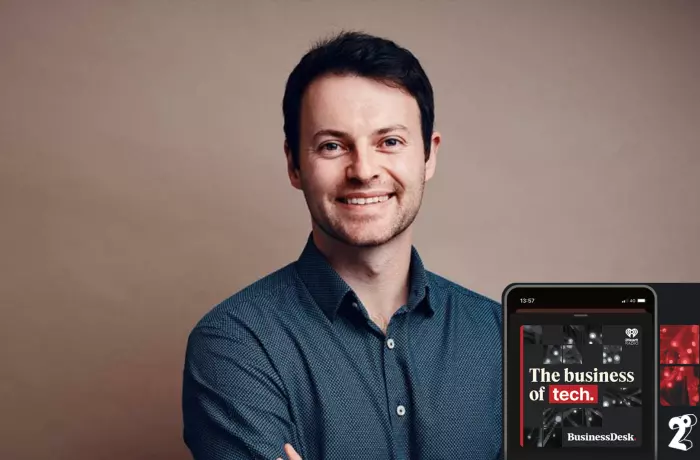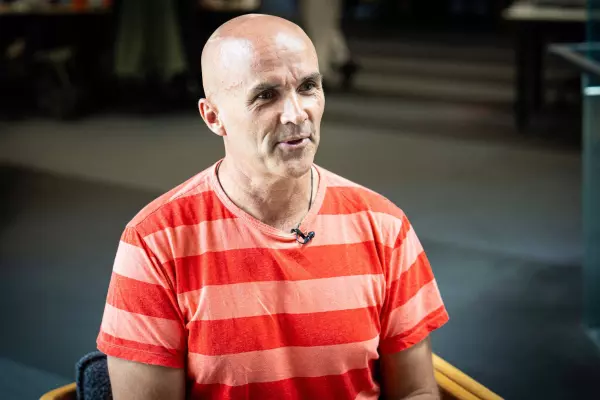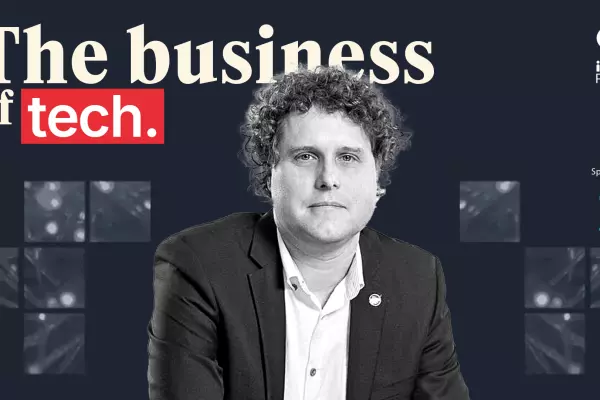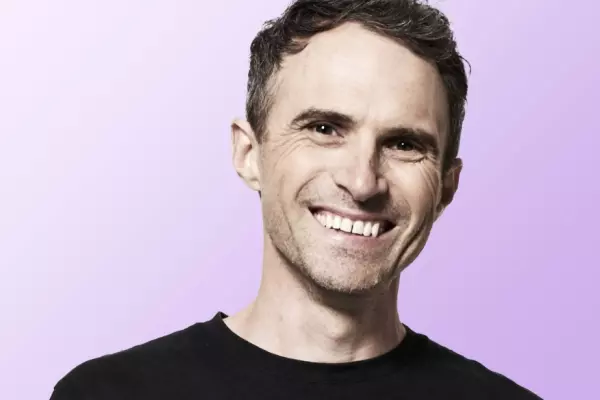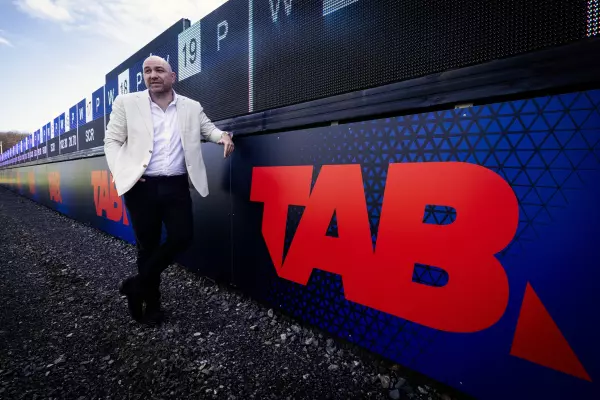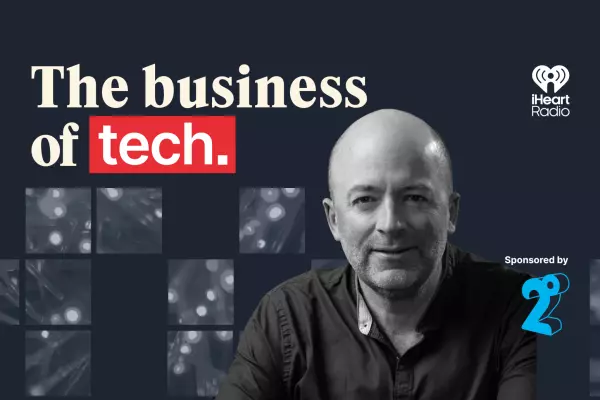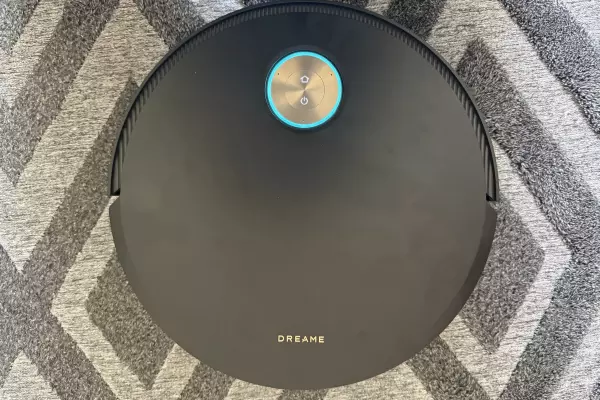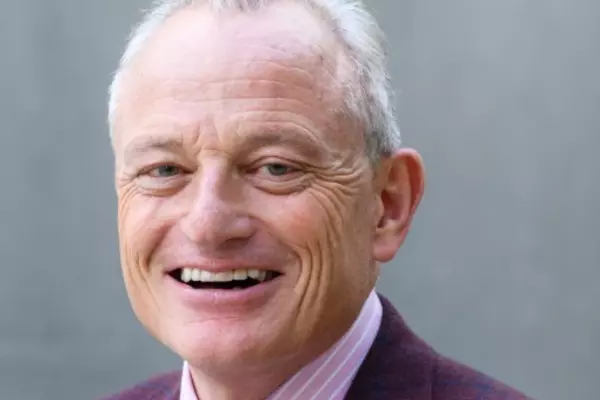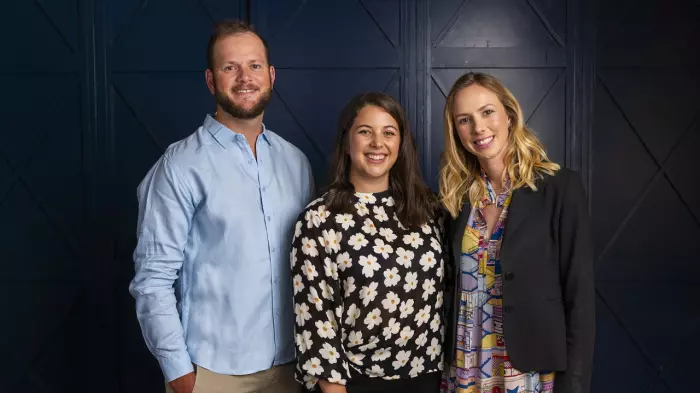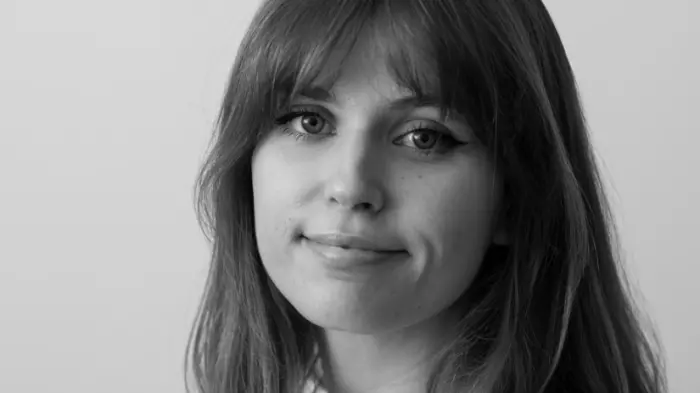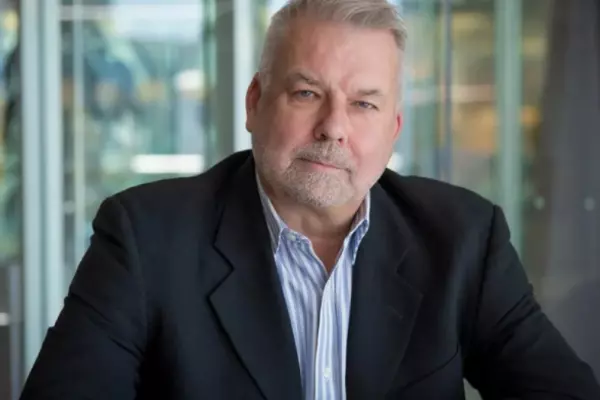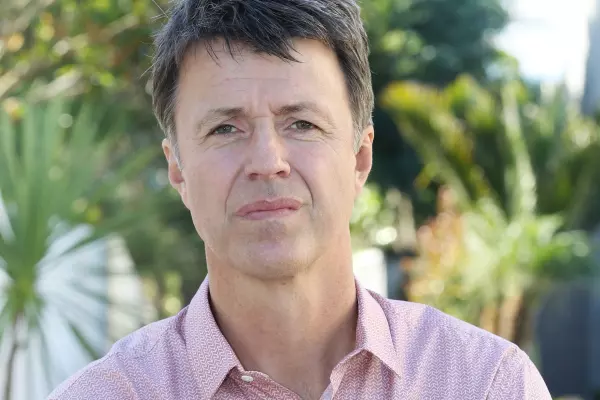On this episode of The Business of Tech podcast, we discuss the deal between Elon Musk's SpaceX and One NZ for satellite to mobile connectivity. Then our featured guest is Alex Kendall, one of NZ's most successful tech expats in recent years.
Alex Kendall is the founder of Wayve, an autonomous vehicles company that raised US$1 billion (NZ$1.7b) earlier this year.
On this week’s episode of The Business of Tech podcast, Kendall spoke to co-host Peter Griffin about his journey from being raised on a farm in Canterbury, to leading one of the most promising artificial intelligence companies in the world.
Since the billion-dollar raise in May, Wayve has secured further funding from the likes of Uber and Nvidia to fund its novel, AI-centric approach to self-driving car technology.
In the interview, Kendall touched on his approach to business and technology, and some of the factors in his life that led him there.
Rejected by industry
Kendall’s approach to training cars to drive themselves is somewhat different from others in the field like Waymo or Tesla.
Rather than training the driving system on specific rules, such as red light means stop, Wayve uses end-to-end machine learning.
Kendall outlined how that works in the interview but essentially it means training the model on massive sets, an approach that he said many in the industry didn’t see as viable.
“In 2017, this was an idea that was almost completely rejected by the industry … when I went and pitched these ideas to these folks, they said, ‘oh, end-to-end learning will never be safe' and gave a bunch of dismissive arguments.”
Far from being dissuaded, Kendall set out to prove the approach was not only viable, but superior.
“The exciting thing for us is that, in terms of the car companies that we licensed this technology to a year ago, we couldn't even get a meeting with their executives. And now we have CEOs of all the major car companies around the world lining up to come experience this technology.”
No time for imposter syndrome
When Kendall started at the University of Auckland, he went straight into his second year of mechatronic engineering.
For his PhD, he won the Woolf Fisher scholarship and found himself at the UK’s prestigious University of Cambridge.
Kendall said moments like these he takes in stride.
“I don't spend too much time getting hung up about the whole imposter syndrome thing, I've made enough of a fool of myself in life. It was an adventure, right? I don't think I've ever had this great strategic plan for how my life's going to play out.”
He said what drives his progress is not a desire to be a startup founder, but a focus on solving problems.
“These experiences are so uncertain and so meandering in how they go, you really need grit and stickability, and I think that really comes from being problem-driven. What I was fascinated with is building and creating impact with this technology. I wanted to solve the problem.”
Listen to the full episode for more on Kendall’s journey, including leadership learning as a resident adviser at Auckland Uni’s O’Rorke residence halls, life in the ancient buildings of Cambridge, and observations on the future of AI.
Subscribe on iHeart Radio or wherever you get podcasts
Reading list
From the episode
- One New Zealand successfully sends first text messages via space - One NZ
- SpaceX: Cellular Starlink Connected 27,000+ Phones in Areas Hit by Hurricanes - PC Magazine
- How Wayve’s driverless cars will meet one of their biggest challenges yet - MIT Technology Review
- Commerce Commission takes One NZ to court over SpaceX claims, telco fights back - NZ Herald
From around the web
- ‘Regulatory failure’ let NZ’s payments fall behind - BusinessDesk
- Dawn Aerospace to start commercial operations after breaking sound barrier - BusinessDesk
- AI sales coach startup raises $2.4m from US investors - BusinessDesk
- Richard Prebble: Technology will solve climate change much faster and cheaper than forecasts expect - NZ Herald
- Mitre 10′s ‘horrific’ software system upgrade costs co-op dearly, insider says: AGM looms - NZ Herald
- AI could cause ‘social ruptures’ between people who disagree on its sentience - The Guardian
- Sam Altman claims AGI will whoosh by in 5 years with ‘surprisingly little’ societal change - Windows Central


